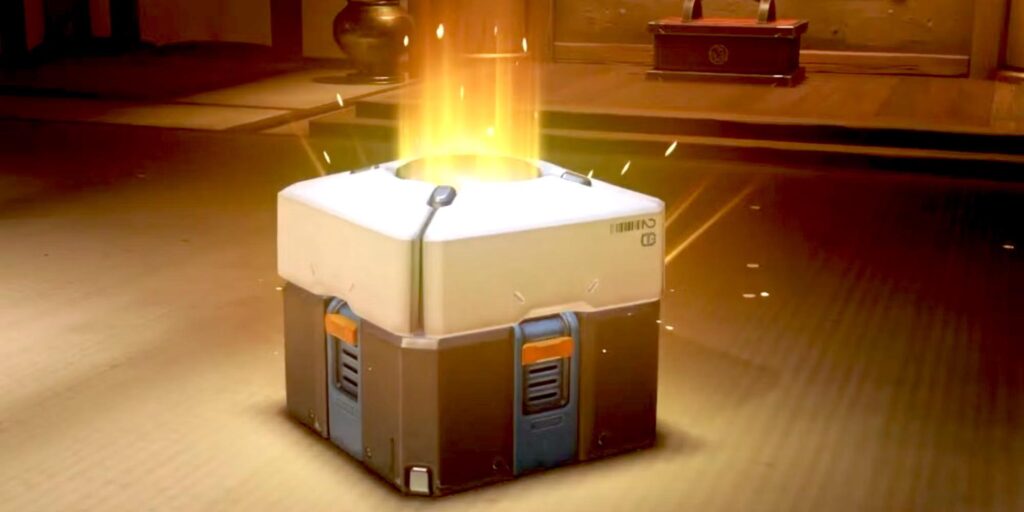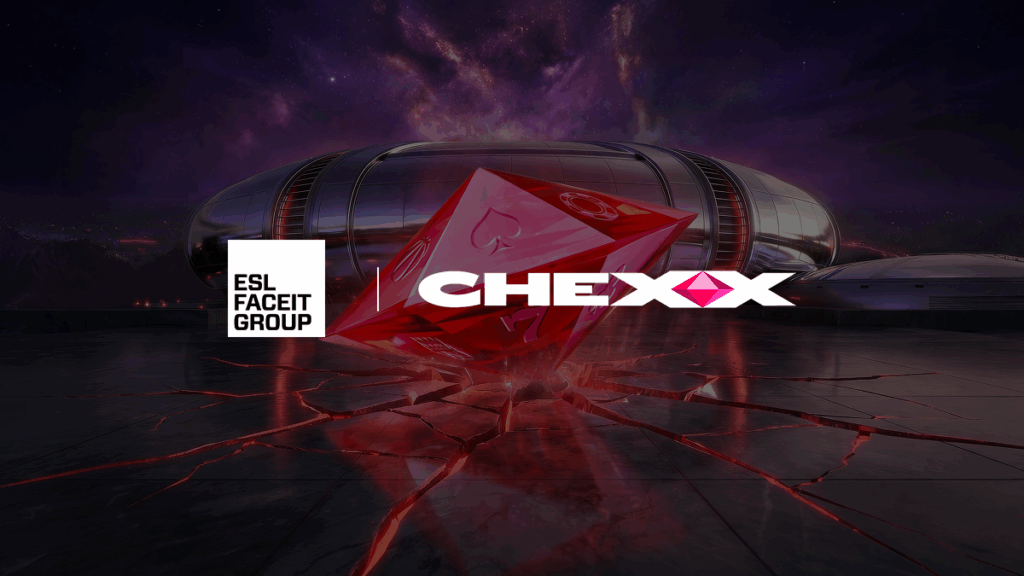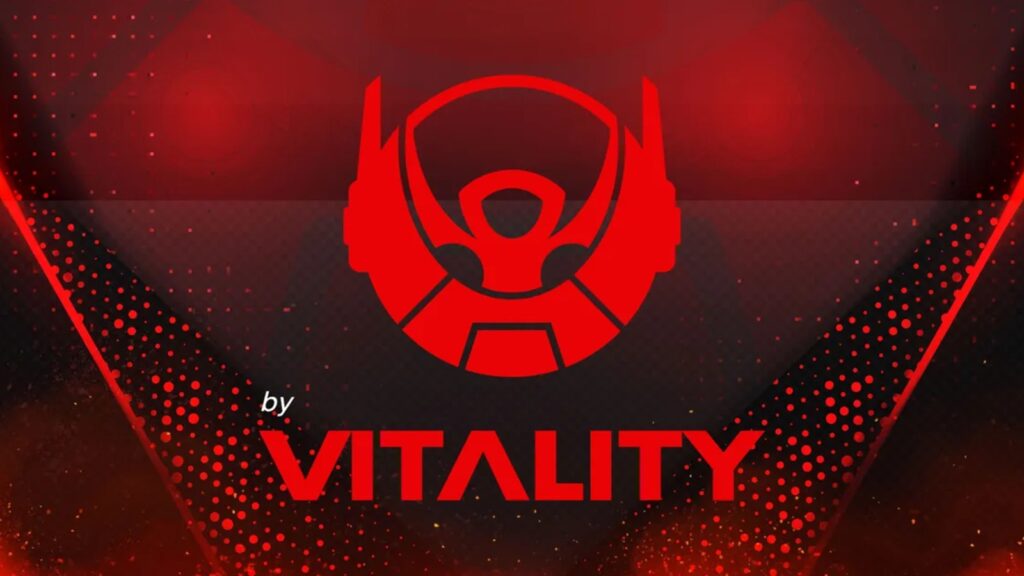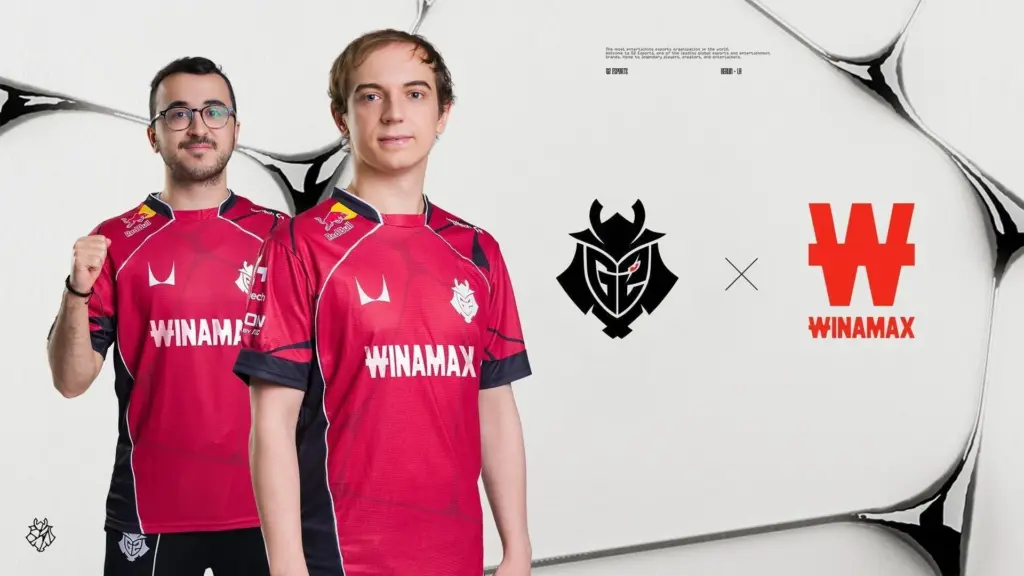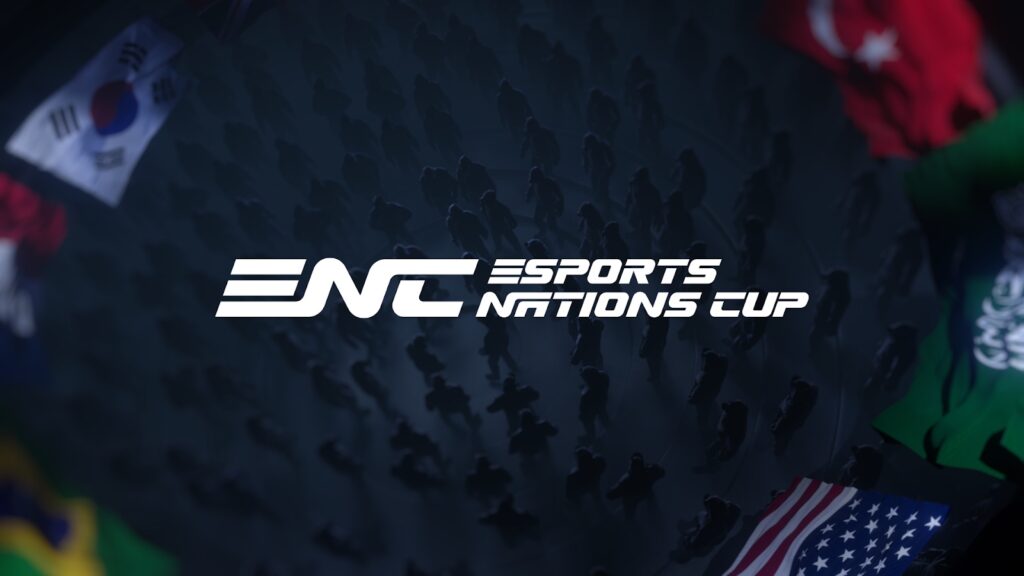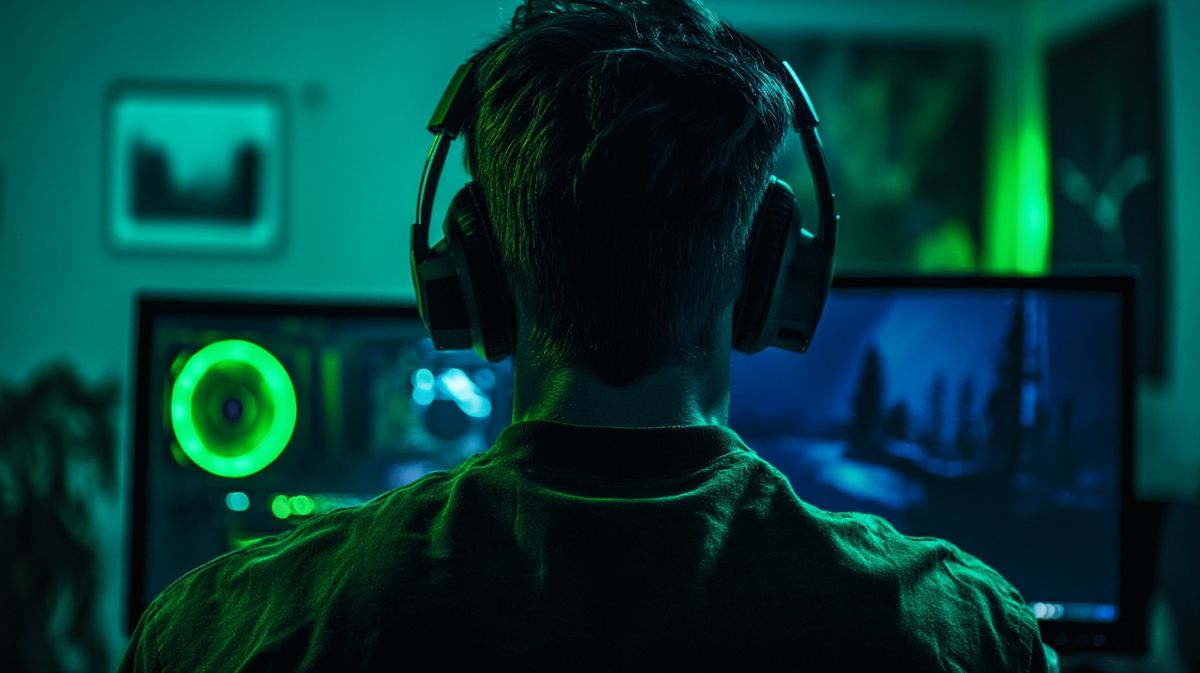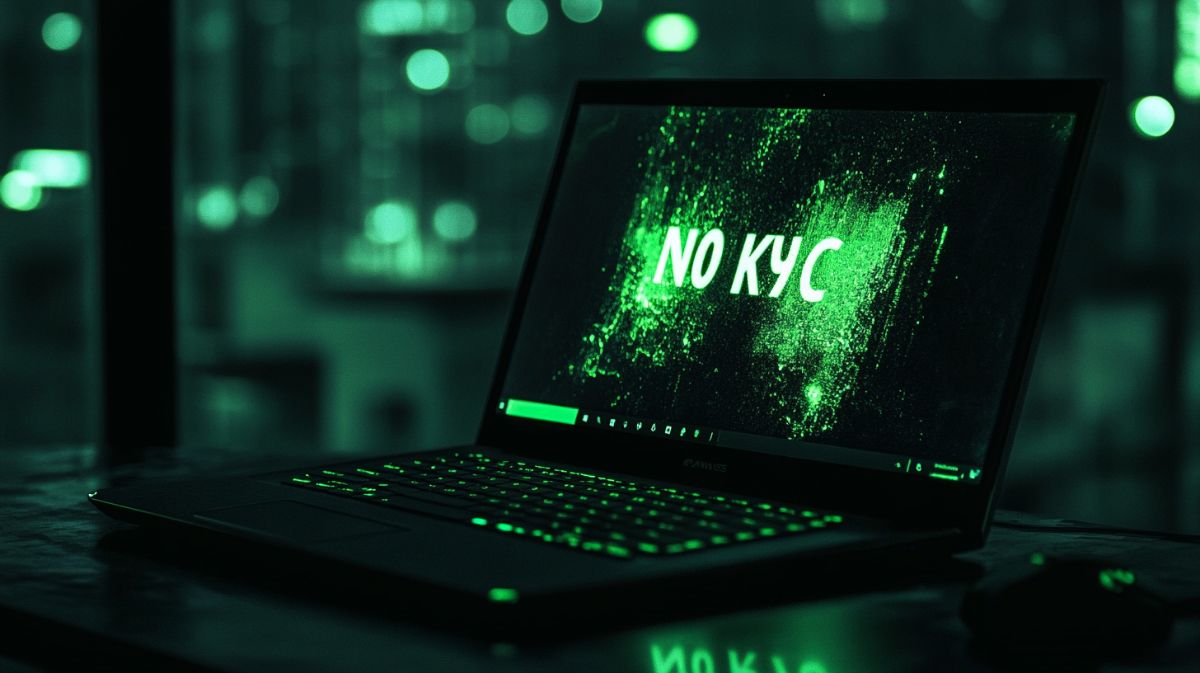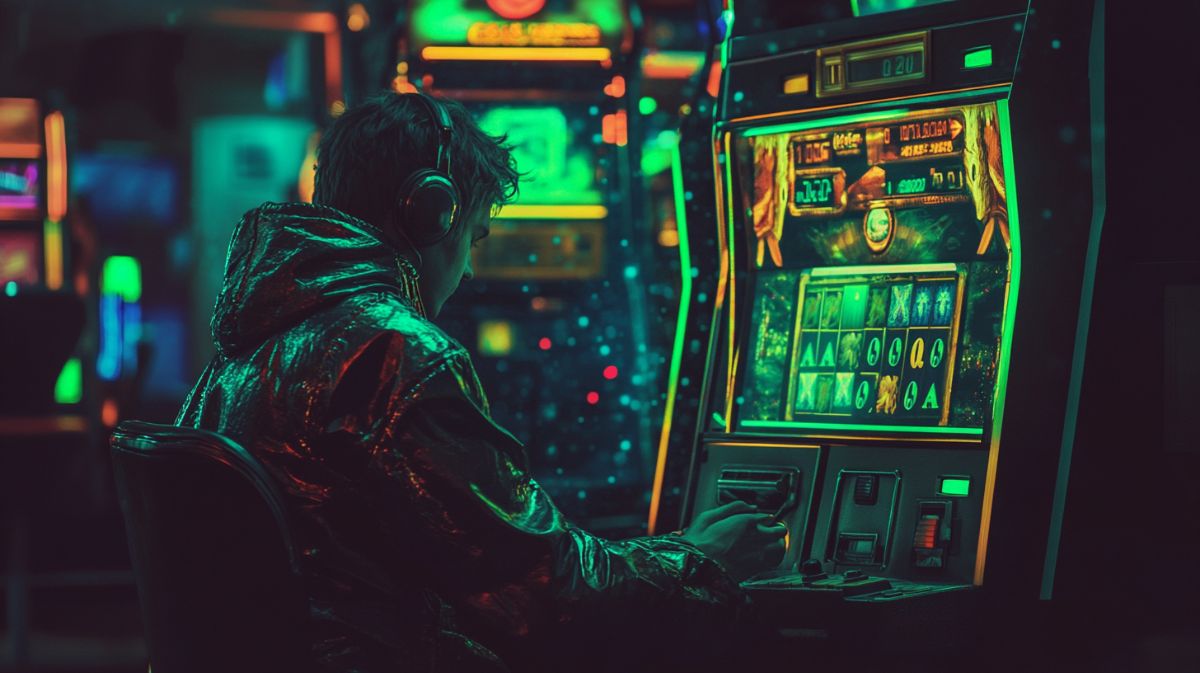Developing Character Away from the Keyboard
Being a professional esports player can be a taxing task. Tournaments are high-pressure environments, practice times are long, and players might not get along with their teammates. Situations like these require certain character development on the part of the player to guarantee impressive individual performance and team performance.

© QUT Esports Flickr
What is character development?
Esports is one of the few spaces where players can start their professional careers from a young age. This can have certain impacts on both them and their budding career, from not participating in tournaments because of age restrictions to just not being mature enough.
The latter can be a particular issue as maturity is not reached at the age that some of these players start at. Combine that with trying to play professionally at a full-time level and you have a potential recipe for disaster. One good example is League of Legends’ Joshua “Dardoch” Hartnett.
How does negative behavior affect team dynamics?
One of the biggest foci in esports is working as a team. If the entire team is doing great, but one player acts out, it could drag everyone’s performance down with them.
Dardoch’s early career was plagued with negative behavior towards his teammates. While he was on Team Liquid, his ego and attitude got him benched numerous times before eventually leaving.
He was juggled around from team to team for months, with teams benching him before he eventually left, thanks to the same problems as on Team Liquid.
Not only does this kind of behavior affect team dynamics, but it also hurts the potential talent of that player. In a post by esports analyst and historian Duncan “Thorin” Shields, he describes how talented Dardoch is and how his attitude towards teammates and team staff hindered that talent from bringing him to the top. He was even replaced by an inferior player who was just as bad for the team’s performance.
Why is it important to step away from the game?
With a full-time esports career come extenuating practice times. It’s not unheard of for teams to practice 8-12 hours a day, running over strategies, plays, and studying other teams’ games. After playing for that long, it’s important to take breaks and focus on other things besides esports.
Moderate breaks keep your career from feeling like a chore. Doing only one thing and nothing else can put you in a rut that harms your mental health and your in-game performance. Esports pros often focus on keeping their health top-notch to be able to perform at their best. A fitness routine is fairly common among esports players, as it helps ward off esports-related health issues like carpal tunnel.
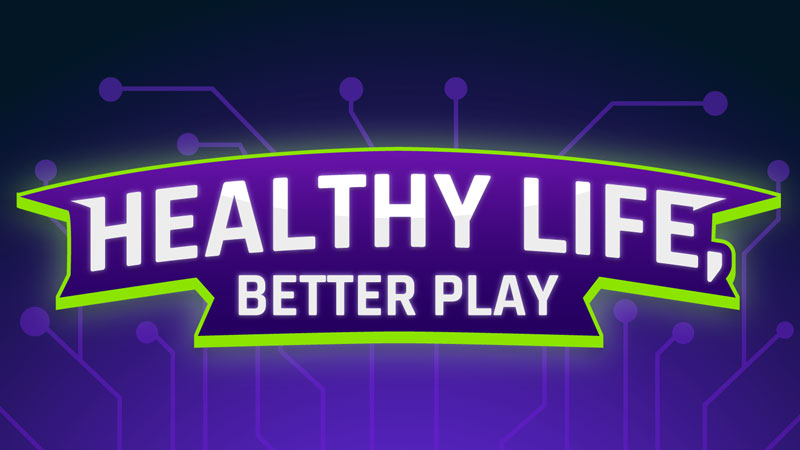
Intel wrote an article not too long ago, focusing on a few pros and their post-practice routines. Fitness, a good sleep schedule, and keeping a good social life were among the most important things mentioned by those interviewed.
Your teammates can grow to be almost like a second family, but one must keep a separate social bubble outside of esports with whom they can interact. A good social life does wonders for your mental health and ensures that you don’t feel isolated to only the people you interact with in-game.
Should a balanced day become the golden standard?
Much like the 40 hour week standard for traditional workdays, esports should have their own standardized balanced day. This would limit how long practices can go on to allow their players ample break time. All top-tier esports teams should also provide their players with the required amenities to keep their health in check.
Not only does this ensure that their players perform as well as they can, but it also shows that the teams actually care about their players and see them as more than just money-making machines.
It’s a win-win really.
